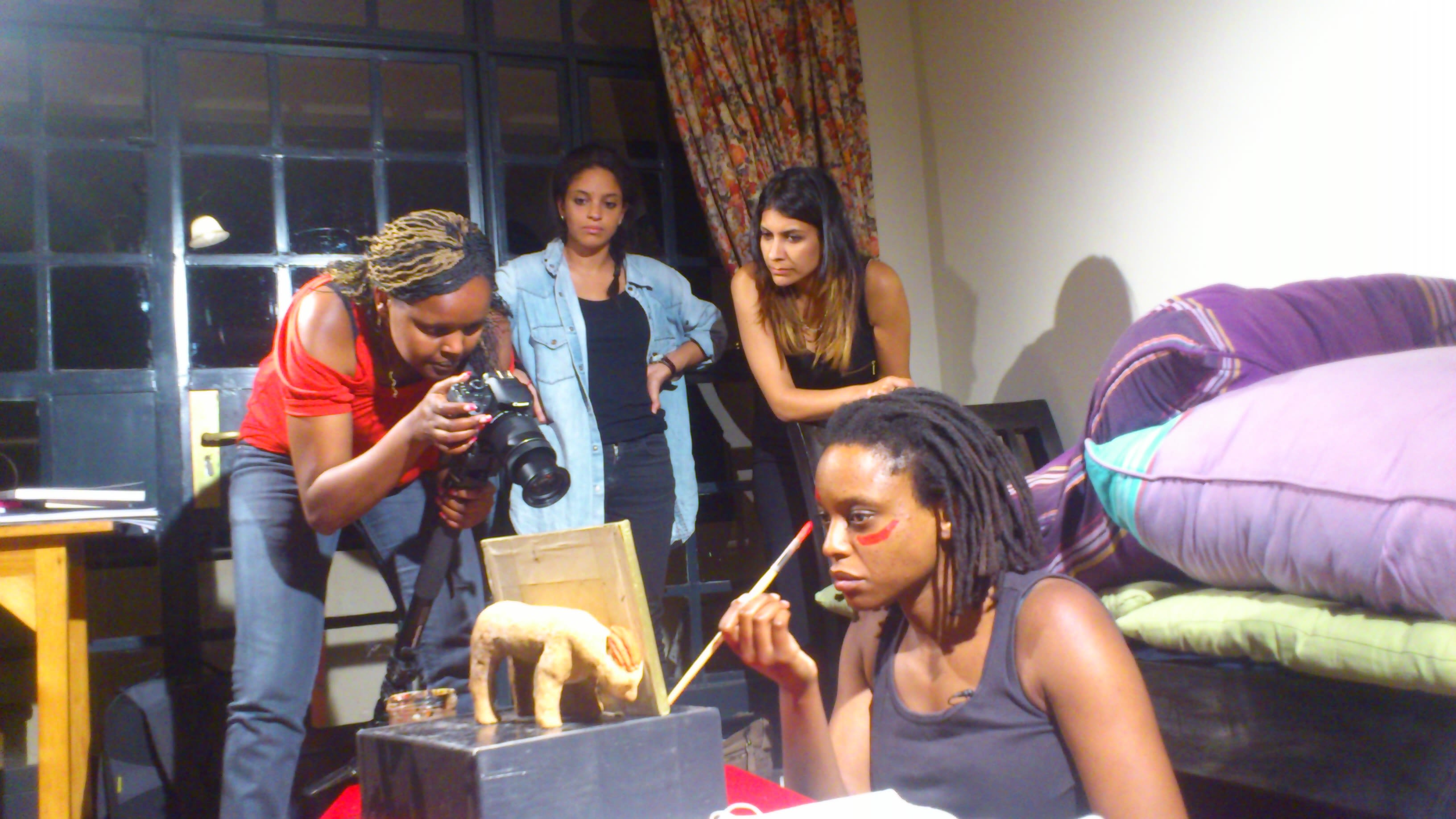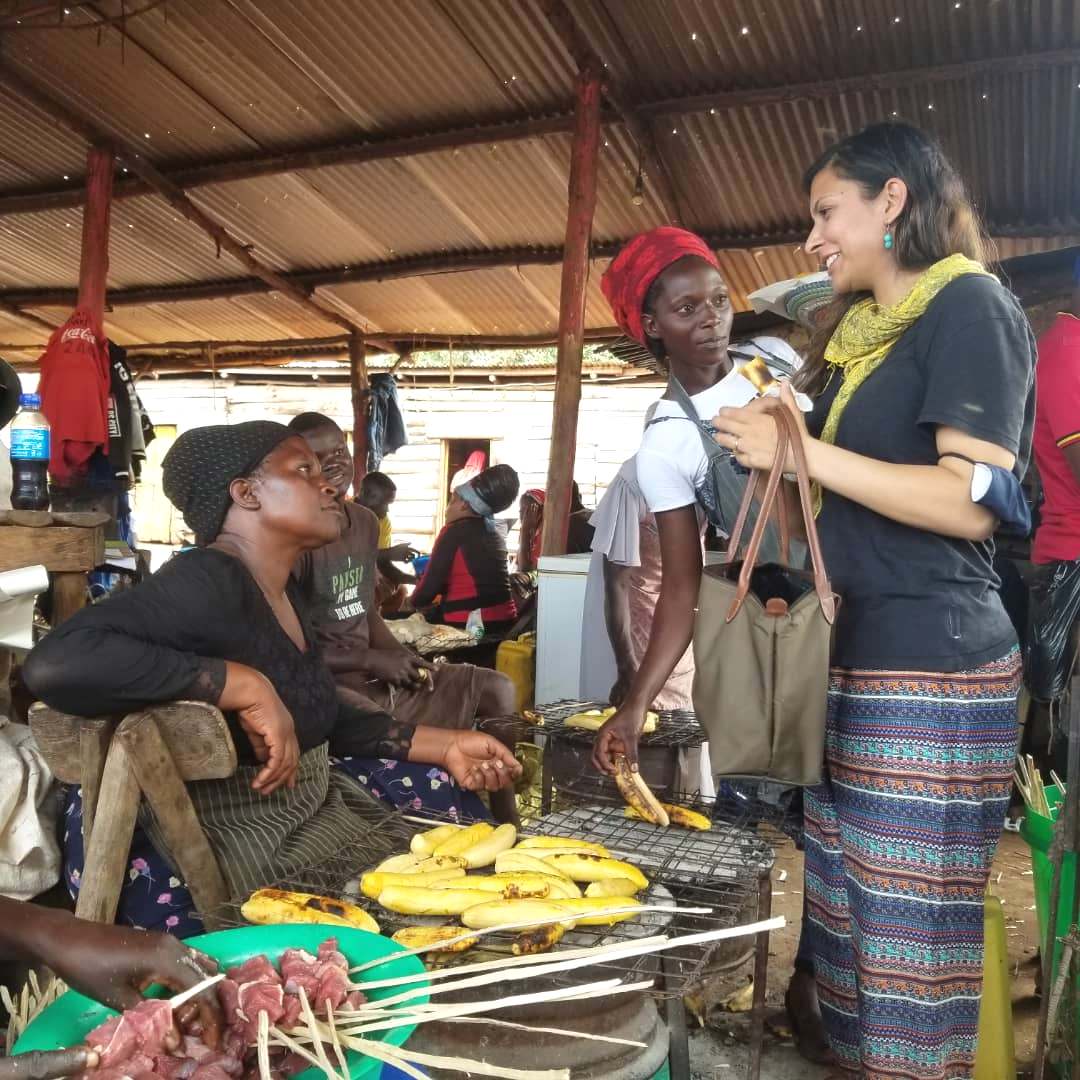by NAZIM KARIM

Shedding light on marginalised voices
Drawn to connect with individuals who have suffered trauma, Jazzmin Jiwa has forged a reputation as a fearless journalist willing to uncover uncomfortable stories that reveal some of the darker truths about society.
Jazzmin understands the anguish of being uprooted, and the crises in identity and security that follow—her grandparents were expelled from Uganda in 1972, along with many others, while her mother was stranded as a young student in London at the time.
It’s no surprise then that Jazzmin’s upbringing led to a passion for storytelling and a desire for social justice, focused largely on dispossessed and marginalised sections of society.
“Being a refugee is an ultimate story of survival,” says Jazzmin. “Survival beyond the home you lose, the heritage ripped from your being. The surroundings and smells of the familiar that disappear. The reciprocal nature of familiarity and how it nourishes your spirit… gone.”
When picking a career path, she wanted to “tell stories of human connection through personal experiences that override differences in religion, culture, race, and political beliefs,” and chose journalism as a way to do so.
“Journalism is an act of truth, accuracy and bearing witness to the world as you uniquely see it.”
One of her first projects in the field involved research and work on the harrowing six-part documentary series Working Lives: Human Traffic for BBC World News.
The stories covered reflect the humiliation and abuse of African women in Saudi Arabia and the UK, sentenced to domestic servitude and child labour. The series also includes an interview with former First Lady of Egypt Suzanne Mubarak about child trafficking and underage marriages in Egypt, which often lead to the domestic abuse of young girls.
Jazzmin collaborated on the project with Ismaili journalist Faridoun Hemani of Linx Productions, and it was this internship that helped propel her career as a broadcast journalist.

She continues to cover human trafficking, with her most recent piece appearing on CBC Radio after she obtained an archive of voice notes women recorded while held captive. The acclaimed Pulitzer Center funded her in-depth field reporting.
Another area of interest is conflict and its consequences. Two decades ago, Liberia endured a civil war in which more than 20,000 young children were recruited for combat. When the fighting ended, many resorted to crime, drugs, and living in ghettos. Jazzmin was interested in programmes that were rehabilitating the youngsters and providing them with opportunities to work. She interviewed a former child soldier, who had been instrumental in convincing fighters to disarm.
The Ismaili for more
(Thanks to reader)
